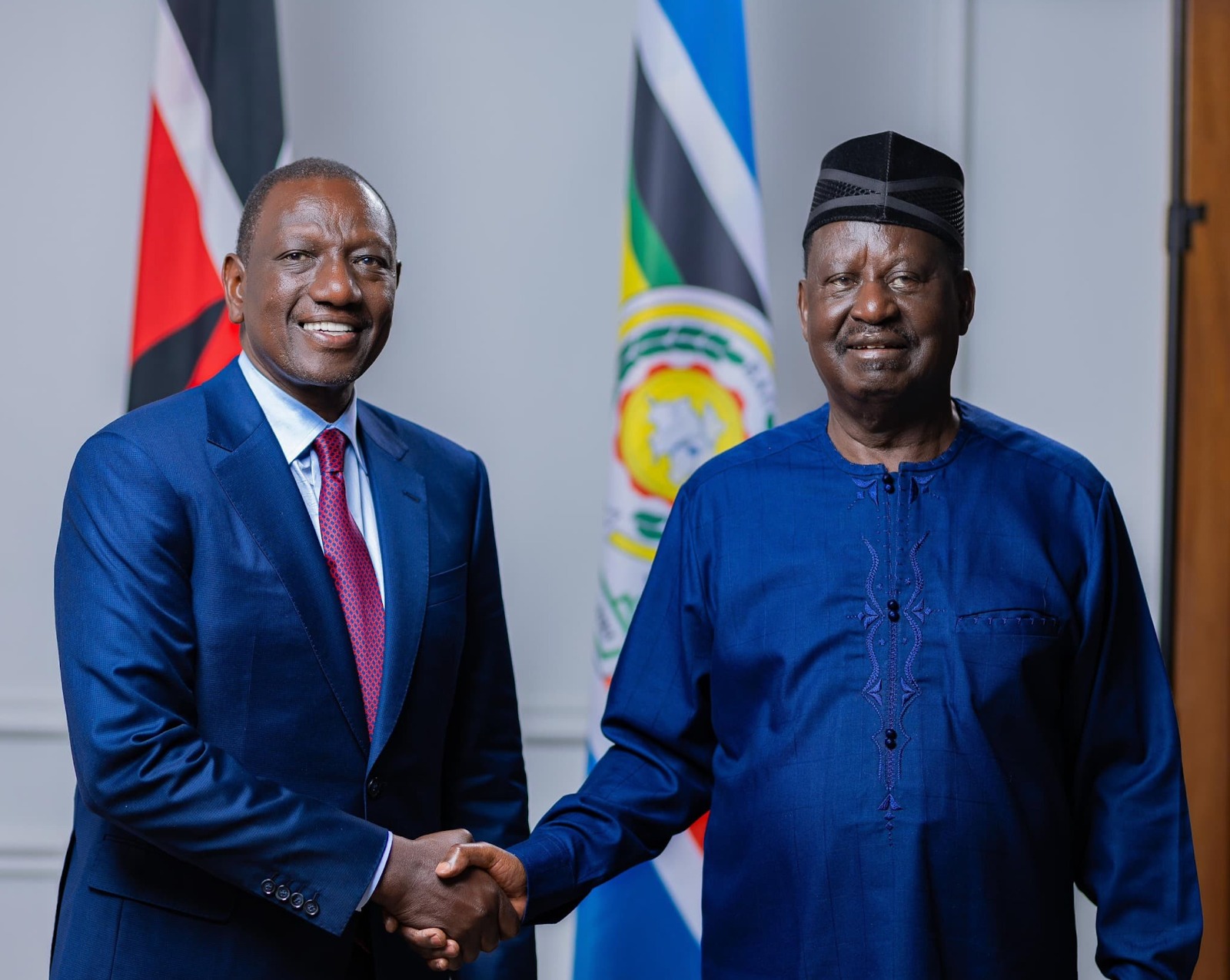

Raila Odinga’s fate at the African Union Commission was sealed a week before the election, thanks to the cash and influence wielded by the French and Arab nations.
Arab countries led by Egypt, Qatar, United Arab Emirates and Saudi Arabia led in the mobilisation.
These countries reportedly pooled their resources to undermine the Kenyan politician’s bid for the prestigious position, culminating in the election of Djibouti’s Ali Mohammed Youssouf, who decisively defeated Raila.
Sources indicate that Raila’s prospects dimmed significantly when the Assembly of Islamic Nations urged its members to back Youssouf.
This strategic alignment coincided with France’s efforts to mobilise Francophone countries in support of the Djibouti candidate, further consolidating Youssouf’s position.
“Youssouf spent a lot of his time in the Francophone secretariat. He did not have to cross the continent like Raila did,” revealed a diplomatic source familiar with the intricate negotiations behind the scenes.
On election day, Youssouf secured 33 votes, triumphing over Raila, who was vying to succeed Chad’s Moussa Faki Mahamat for a four-year term.
The seasoned diplomat, serving as Djibouti’s foreign minister since 2005, leveraged his country’s strategic location—a focal point for Western powers in the Horn of Africa—to bolster his candidacy.
The political landscape shifted dramatically as President William Ruto and Raila sought support from Egyptian President Abdel Fattah el-Sisi.
However, in a surprising turn, Egypt cast its vote for Djibouti, highlighting the shifting allegiances in the region.
“Egypt also offered to finance projects by some South African countries in exchange for their vote,” noted another diplomat, illustrating the complex interplay of diplomacy and financial incentives at work.
Despite Djibouti’s modest diplomatic presence, with only eight missions across Africa compared to Kenya’s 20, the tiny nation compensated with relentless lobbying efforts.
This behind-the-scenes maneuvering proved effective, allowing Youssouf to secure critical backing from various nations.
While Kenya ultimately triumphed in the race for the United Nations General Assembly seat, Djibouti’s influence in the AUC election showcased the complexities of regional politics.
In that contest, Kenya faced a fierce challenge, ultimately winning with 129 votes to Djibouti’s 62 in a second round after the first failed to yield a two-thirds majority.
The outcome of the AUC election carries significant implications for Kenya’s standing within the African Union and its broader diplomatic ambitions.
Raila’s defeat not only underscores the hurdles faced by Kenyan politicians on the continental stage but also highlights the growing influence of Arab nations in regional politics.



